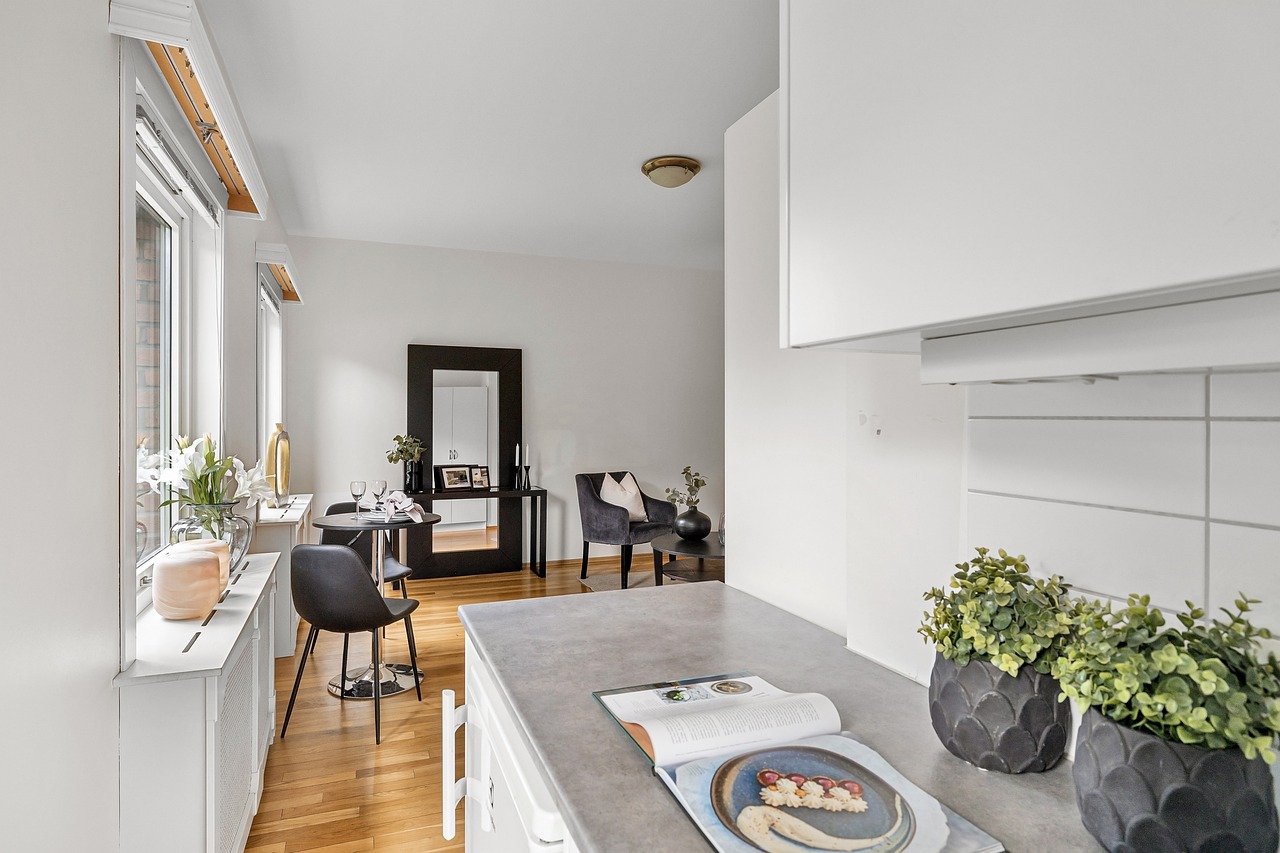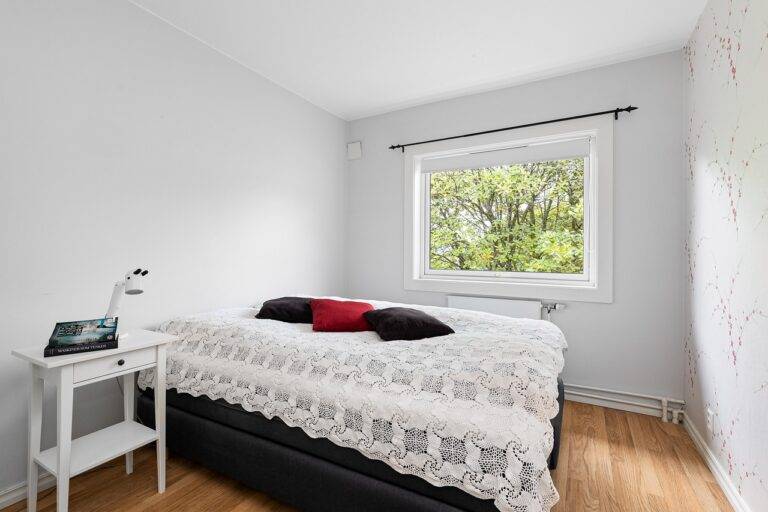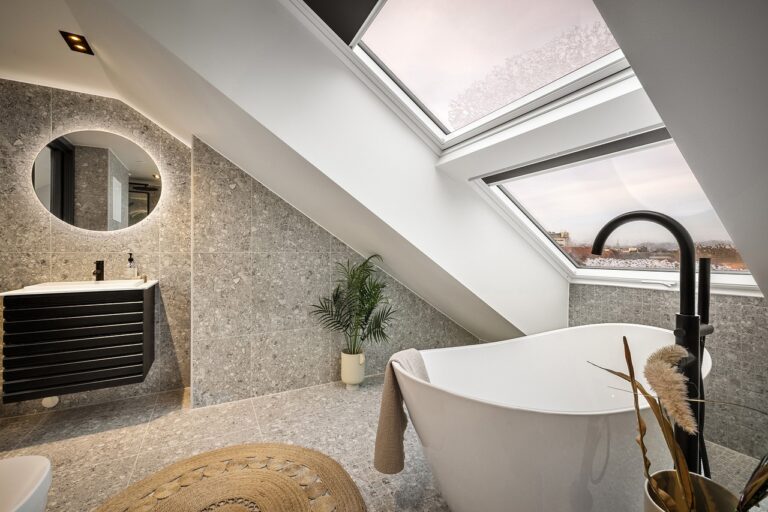Maximizing Home Theater System Reliability: 11xplay sign up, Laser247 com, World777 register
11xplay sign up, laser247 com, world777 register: When it comes to setting up a home theater system, one of the most critical factors to consider is ensuring the reliability of the system. Nothing is more frustrating than sitting down to watch a movie or play video games only to have the system fail on you. In this article, we will discuss ways to maximize home theater system reliability to ensure a seamless entertainment experience every time.
Choosing Quality Components
The first step in maximizing home theater system reliability is to invest in high-quality components. While it may be tempting to cut costs by purchasing lower-priced items, these cheaper options often lack the durability and performance of more expensive products. Look for well-known brands with a reputation for reliability and read reviews from other users to gauge the quality of the components before making a purchase.
Proper Installation
Proper installation is key to ensuring the reliability of your home theater system. If you are not confident in your abilities to set up the system yourself, consider hiring a professional installation service. Even if you do choose to install the system yourself, be sure to carefully follow the manufacturer’s instructions and take your time to ensure everything is connected correctly.
Regular Maintenance
Like any electronic device, home theater systems require regular maintenance to keep them running smoothly. Dust and debris can accumulate on components, causing them to overheat and potentially fail. Be sure to dust your system regularly and keep it in a well-ventilated area to prevent overheating. Additionally, check for software updates for your system and install them as needed to ensure optimal performance.
Power Protection
Power surges and spikes can damage electronic devices, so it is essential to protect your home theater system with a quality surge protector or uninterruptible power supply (UPS). These devices will help safeguard your components from power fluctuations that could lead to system failures. Consider investing in a UPS with battery backup to ensure uninterrupted power in the event of an outage.
Proper Ventilation
Proper ventilation is key to preventing overheating in your home theater system. Be sure to leave ample space around your components for airflow and avoid stacking items on top of each other, as this can block ventilation ports. If your system is located in an enclosed space, consider installing a cooling fan to help regulate the temperature and prevent overheating.
Cable Management
Proper cable management not only improves the aesthetics of your home theater system but also helps prevent damage to cables and connectors. Use cable ties and organizers to keep wires neatly arranged and out of the way to avoid accidental damage from foot traffic or furniture movements. Additionally, avoid bending cables at sharp angles, as this can lead to fraying and signal loss.
Optimal Room Conditions
The environment in which your home theater system is located can also impact its reliability. Extreme temperatures and humidity levels can affect the performance of electronic devices, so be sure to keep your system in a climate-controlled room. Avoid placing components near windows where they may be exposed to direct sunlight, as this can cause overheating and potential damage.
Frequently Asked Questions
Q: How often should I dust my home theater system?
A: It is recommended to dust your home theater system at least once a week to prevent dust buildup and ensure proper ventilation.
Q: What is the difference between a surge protector and a UPS?
A: A surge protector protects against power surges and spikes, while a UPS provides battery backup in the event of a power outage.
Q: Can I install a cooling fan in my enclosed entertainment center?
A: Yes, you can install a cooling fan in your entertainment center to help regulate the temperature and prevent overheating of your components.
Q: How important is cable management for home theater systems?
A: Proper cable management is crucial for preventing damage to cables and connectors and maintaining optimal system performance.
In conclusion, maximizing home theater system reliability requires investing in quality components, proper installation, regular maintenance, power protection, proper ventilation, cable management, and optimal room conditions. By following these guidelines and taking the necessary steps to care for your system, you can ensure a seamless entertainment experience every time you sit down to enjoy your favorite movies or games.







